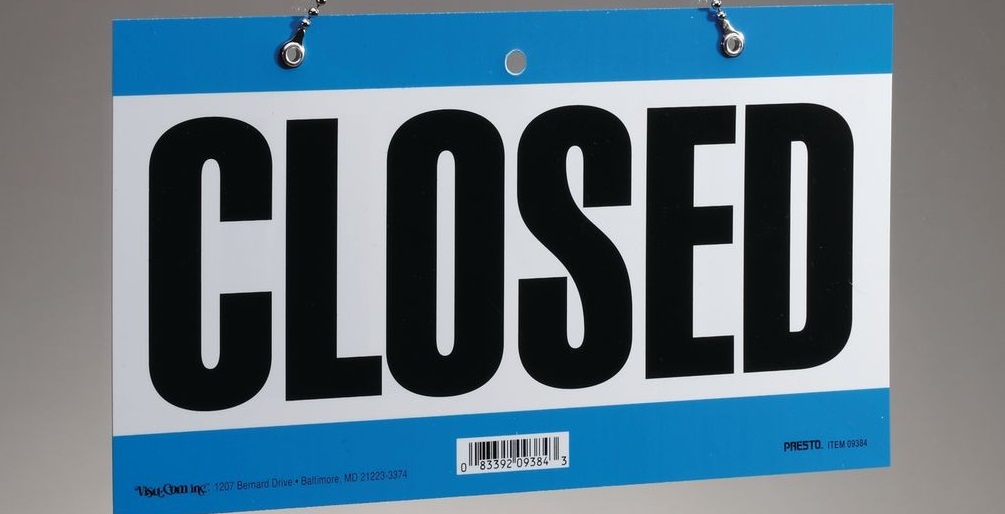 Overview
Senate Bill 329, a little-noticed bill rushed through the recent lame duck session, could have disastrous consequences if allowed to become law. Without a veto from Governor Kasich, SB 329 would effectively allow for the dissolution of state government departments, potentially throwing thousands out of work and open the door to privatization, while threatening the effective continuation of public services and programs that provide for the state’s economic vitality and competitiveness.
How it Would Work
Under SB329, Gubernatorial Departments would be required to make an affirmative case every four years to justify their continued existence, involving a time- and resource-intensive process. Agencies would be required to review and report on the legal justification of rules and procedures, potential for privatization, conduct a multi-year analysis of cost effectiveness, and benchmark all regulations against other states.
Creates Chaos Not Reform
Overview
Senate Bill 329, a little-noticed bill rushed through the recent lame duck session, could have disastrous consequences if allowed to become law. Without a veto from Governor Kasich, SB 329 would effectively allow for the dissolution of state government departments, potentially throwing thousands out of work and open the door to privatization, while threatening the effective continuation of public services and programs that provide for the state’s economic vitality and competitiveness.
How it Would Work
Under SB329, Gubernatorial Departments would be required to make an affirmative case every four years to justify their continued existence, involving a time- and resource-intensive process. Agencies would be required to review and report on the legal justification of rules and procedures, potential for privatization, conduct a multi-year analysis of cost effectiveness, and benchmark all regulations against other states.
Creates Chaos Not Reform
- The extensive reviews mandated for Departments every four years would be time and resource intensive, and duplicate reviews already performed by the Auditor of State, JCARR, and the Governor’s Common Sense Initiative Office.
- Nothing in the legislation would eliminate burdensome rules or regulations, it merely provides for the elimination of Departments currently empowered to oversee them.
- Without an affirmative act of the legislature to keep departments open, state rules, licenses, and contracts would remain in effect, raising significant questions about how the executive branch could continue to carry out its obligations under Ohio law. The bill permits, but does not require the legislature to transfer these obligations to other departments.
- Many programs that Ohioans rely on, including vital education, public safety, and other essential services would be put at risk, with no provisions to ensure these functions continue after closure of a cabinet department.
- By closing departments that carry out essential functions, the proposal could put Ohio into conflict with federal requirements, and may violate parts of the state Constitution, such as the obligation to establish and maintain a workers’ compensation program.
- By forcing the review of 25 cabinet agencies every four years, the legislation could consume much of the legislature’s oversight capacity and put essential services at the mercy of an already slow legislative process.
- Empowers the legislative branch by eliminating a future check on its authority by the executive branch; the bill’s automated future elimination of departments by the failure of the legislature to act would provide no opportunity for the executive to exercise its veto authority.
- Empowers the majority party to appoint members of standing committees, postpone reviews, and, ultimately, to continue operation of a government department without bipartisan support.
- Protects today’s and future legislators from blame by eliminating departments automatically, without an affirmative act of lawmakers required.
- The arguments in favor of the proposal (to review, modernize, and eliminate unnecessary regulation) are all currently served by existing functions of the general assembly;
- Meanwhile, the claim that unneeded or overly technical licensing law creates a burden is not served by the legislation which would not eliminate any rules or licenses either in SB 329 or through the expiration of statutes creating Departments.
- Without eliminated government departments and staff, executive would have little option other than to employ private contractors to carry out essential health and safety functions (police, fire, etc.).
- Elimination of cabinet agencies would reduce the significance of the state as a public sector employer, weaking the power of its employee unions.
- The departmental review process emphasizes market-based solutions, such as private credentialing, wherever possible as an alternative to state regulation and licensing.
- Straight from the Conservative Playbook. Similar measures have been proposed by right-wing lawmakers in a number of states and in Congress.